Freelancing.
The word itself paints an image of freedom and flexibility, of someone able to indulge in their passions whilst still making a living from it. From ‘no-holds-barred’ to ‘be-your-own-boss’, this is the career that resonates with any who once daydreamed about making a living from what they liked, wherever they liked.
But does a $200 food voucher for Hard Rock Cafe, or ‘exposure’, fairly equate to hours of practice, a performance, upgrading equipment, hard work, and most of all, being able to make a living?
According to a band that regularly performs at Hard Rock Cafe (who declined to be named), “While money isn’t the be all end all, we need money to carry on playing and producing music.”
Unlike what many believe, musicians don’t actually provide their services at ‘no-cost’. Just because you don’t see it, doesn’t mean it doesn’t exist.
Just not too long ago, a make-up artist was asked to render her services for free under the now notorious term: “Collab”.
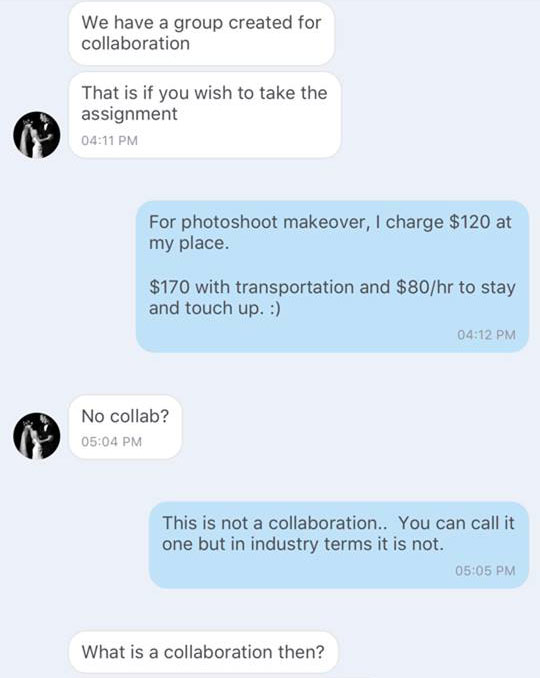
Yet despite patiently explaining what constitutes a collaboration, she was mercilessly branded as arrogant.
So how exactly has ‘collab’ become such a sensitive term for freelancers, while holding such misconstrued meaning for certain entitled individuals? How do these folks acknowledge a service’s value without acknowledging the need to pay for it?
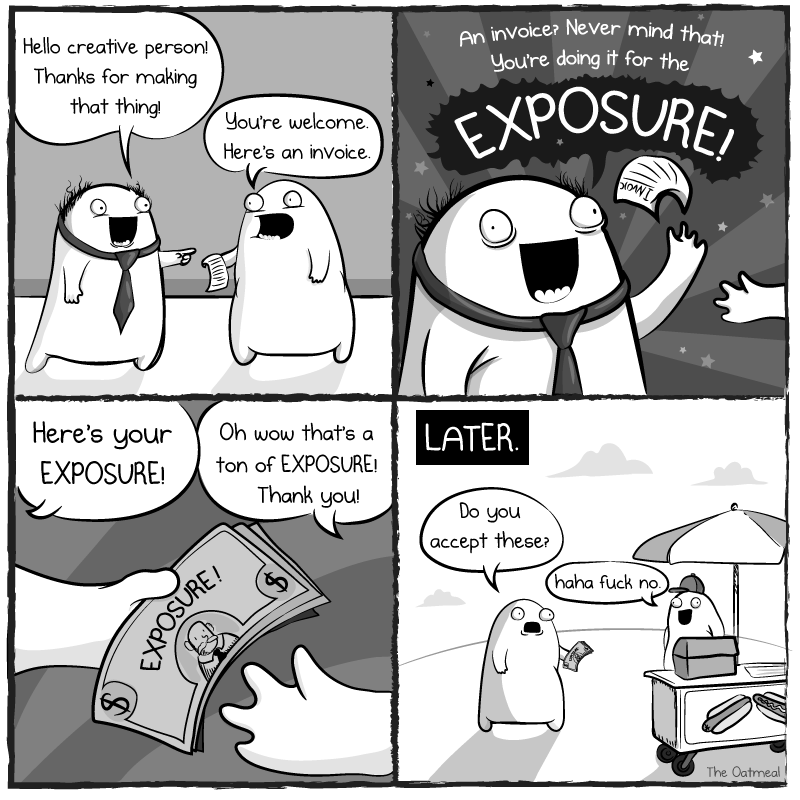
‘Collaboration’, very simply, refers to two parties (or more) working together to produce work. The implication is that all parties are getting something in return—the assumption also being that this something is of equal value. Because the meaning of the word itself doesn’t clearly imply financial compensation, the word is ideal for the evasion of any discussion about money.
It’s manipulative because it plays on our tendency to “feel bad” when it comes to bringing up money. Even for more experienced freelancers, money is never an easy topic to broach.
For creatives in particular, the other assumption is that they should be motivated by passion, not profit. And so ‘collab’ implies that the creative is getting some kind of fulfilment from the opportunity, effectively not requiring money to eat.
This, of course, is how exposure came to be seen as reasonable compensation. ‘Collab(ing)’ is apparently so great, illustrators and writers should be grateful anyone wants to use their stuff at all.
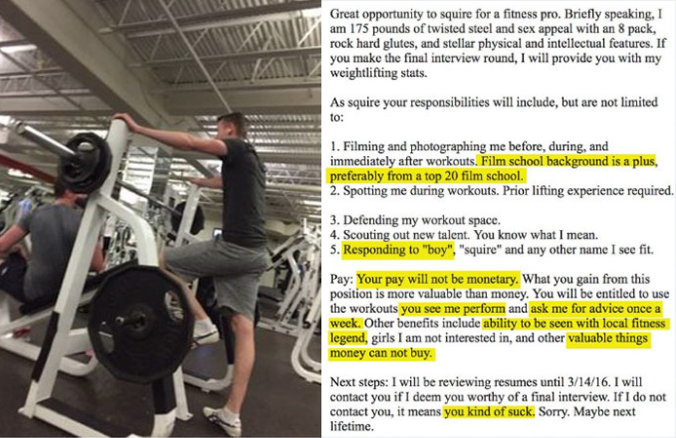
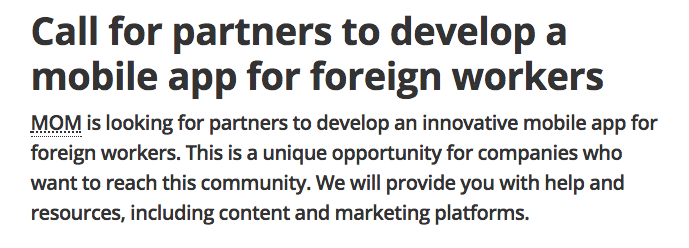
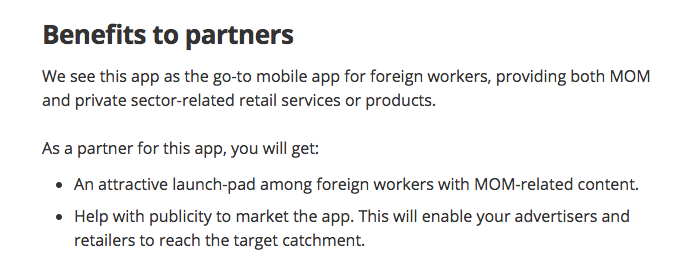
People also perceive these services to be of virtually no cost to the provider as they don’t realise how much investment goes into being able to take a good picture or design a compelling logo.
More recently, however, as self-proclaimed ‘content creators’ have begun to proliferate, many content with payment in the form of free food, free manicures and free products in order to make a name for themselves, brands have begun getting bolder and bolder in demanding publicity without payment.
It’s something that have plagued the freelance writing industry for the longest time. ThoughtCatalog for instance, capitalises on young budding writers desperate to be published and validated. Articles upon articles riddled with bad grammar and dubious insight are published, giving them a regular content churn but at practically no cost.
But because ThoughtCatalog is so widely read, many wannabe writers are content that they are being published at all. Never mind that they’re not being paid.
The result: if you want to be paid (or paid more), a publication will just decide to find someone else to do the work.
Some, however, acknowledge the value these services bring. All they lack is the right budget. They might truly be appreciative of your talent, skill and service. They just don’t have the money. To them, we say: if you don’t have the money, freelancers probably aren’t meant for you. To surmise, feeling entitled to something you cannot afford doesn’t mean you deserve it.
But then again, remember:
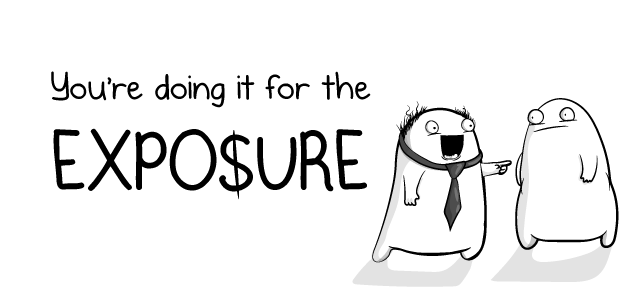
One, they can always go and find a cheaper freelancer to do it. Two, they probably just don’t think it matters that much to pay you or pay you on time.
Freelancers need to band together, with a firm and withstanding belief that their profession far transcends the idea that ‘quantity’ outweighs ‘quality’. In a perfect world, brands and employers would do away with the selfish mindset that only their jobs are deserving of monetary payment. But we don’t live in a perfect world.
Many still think that there are certain things that ‘look easy’, that ‘I could have done it myself’. Rome wasn’t built in a day, and you can’t change someone’s advantageously developed ingrained mindset so quickly. There will always be ‘content creators’, ‘influencers’, and others of the sort willing to do your job for free, perpetuating this toxic attitude.
Therein lies the importance of taking pride in your work, and adopting a Ghandhi-esque quality of patience in educating and rehabilitating this mindset. And it starts with knowing what your work is worth, and being willing to ask for it.






